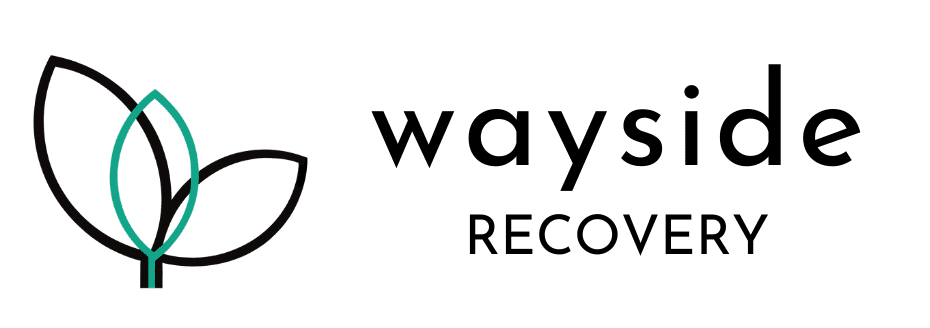
The term “holistic care” is often used when treatment offers care for the whole person, including your physical, mental, emotional, economic and spiritual health.
Holistic care also happens within a person, helping you find balance in your life, body and spirit. It incorporates elements of self-care and being in tune with your body’s needs.
How could holistic care benefit someone with substance use disorder? Addiction can be chaotic, leaving little to no time to care for yourself. People struggling with addiction often focus all their attention on the next drink or drug, creating a disconnect from their core physical, spiritual, or emotional needs. Getting a sober and clearer mind is the beginning of being able to absorb the benefits of holistic care.
What are some things a person can do to create a connection with themselves? Learning to be alone with yourself can be a difficult task for anyone. Our mind wanders—we begin to worry about the future or dwell on the past. Being present is key to holistic living. When we are present, our mind is able to focus, our breathing slows, we are aware of our surroundings and can listen to our body’s needs. This is the essence of meditation and being present.
Tips for Bringing Awareness to Your Basic Needs
Slow down. Our society often puts pressure on us to keep busy at all times. Allow yourself time to pause before moving on to the next task.
Breathe. A simple mediation is focusing on the breath, inhaling slowly, and exhaling slowly. If you feel overwhelmed, try simply paying attention to your breathing.
Go outside. Taking a walk in nature does wonders for our holistic needs. You can even walk “mindfully,” intentionally feeling the ground beneath your feet and truly taking in your surroundings.
Reflect. Check in with yourself throughout the day. Where am I mentally? How do I feel physically? Bring awareness to the presence of your body and mind.
